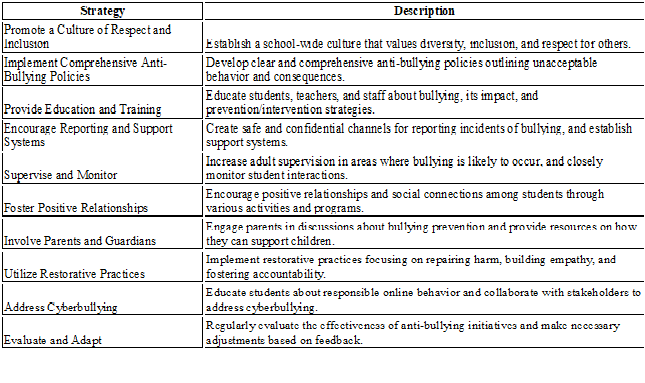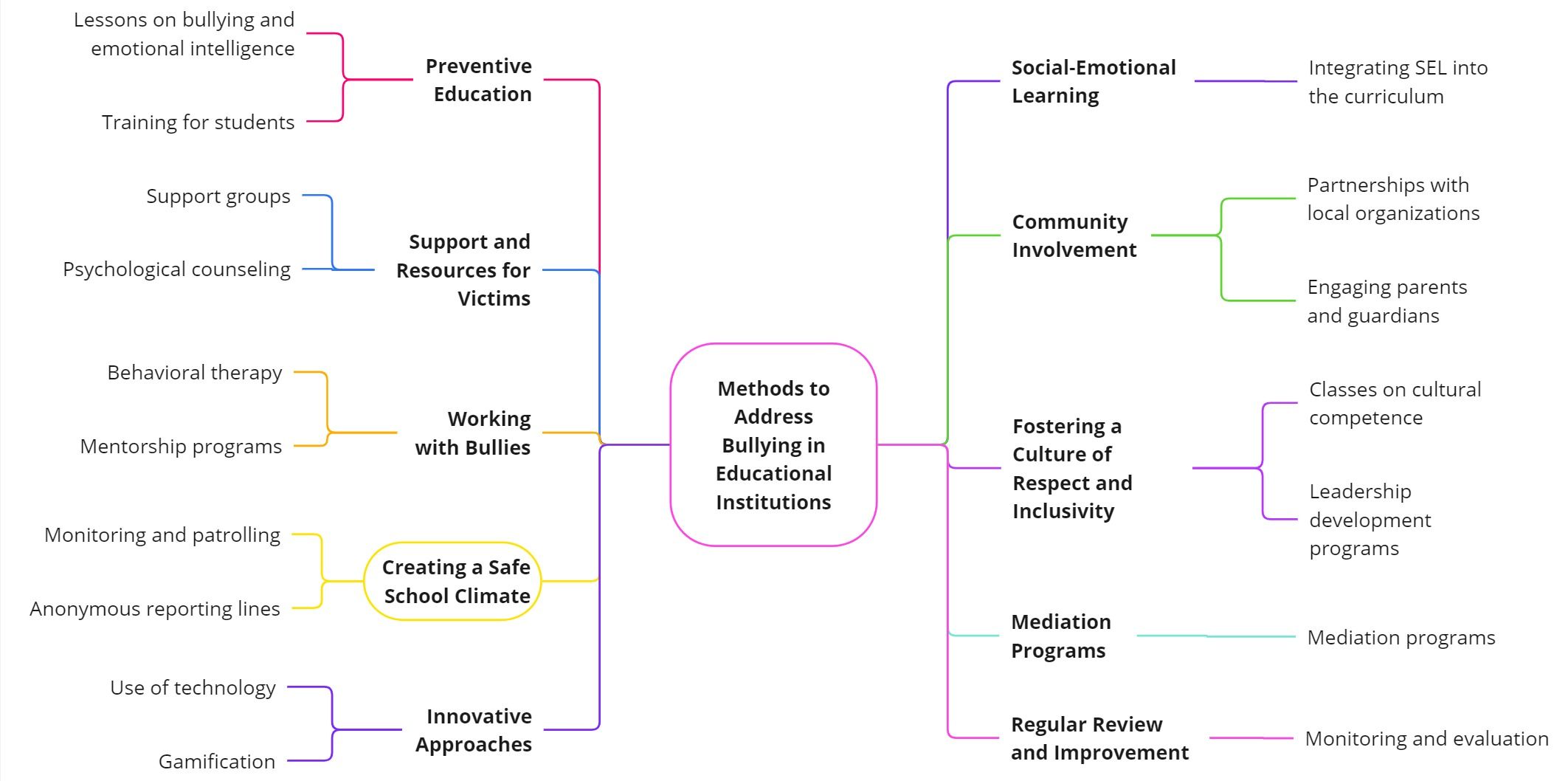There are various strategies which can be integrated in the school processes and practices to combat bullying issues in the institution. The following strategies have been implemented in my school to prevent bullying.
- Positive and Negative Reinforcement
The school leader effectively embedded positive and negative reinforcement at school as preventive measures to combat bullying. Talks have been delivered in upper grades especially as acts of bullying are very common in these classes. The latter implemented a well-established framework informing students who always indulge in various types of bullying at school, that, if they continually manifest acts of bullying, they will be punished.
For instance, they will be deprived of playing football and other activities such as going to the swimming pool. This will discourage bullying, because pupils will be conscious that, if they commit physical, verbal or cyberbullying they will be punished. Negative reinforcement proposed by Skinner, based on behaviorism, will enable to maintain discipline at school.
Moreover, the Headmaster encouraged children: if they prevent their peers from harming their friends, they will be rewarded; They were offered t-shirts (received as sponsorship from NGOs) during the morning assembly, which they wore during holistic classes and that boosted the self-esteem of the pupils. The Headmaster is proactive by identifying the bullies and took corrective measures accordingly. - Parental Conferencing
Another solution which the Headmaster integrated at school level to combat bullying was to organize parental conferencing. The Headmaster equipped himself properly and counselled parents about bullying acts of their wards and explained to them about the consequences of bullying.
The active participation and support of parents helped greatly in curbing disciplinary issues in school. The Headmaster should invited a Resource Person from the Ministry of Gender Equality and Family Welfare to counsel parents how they should talk to their children to stop behaviours that affect other children.
It is important to note that the Headmaster l
encountered barriers and challenges which hindered the implementation of the preventive strategies for bullying. The target population for the parental conferencing did not turn up for the meeting. Only 75% of the parents attended the meeting, it meant that remaining 25% do not consider the conferencing important, and the bullying problem still remained the same.
- Morning Assembly
In the morning assembly, the Headmaster talked about the consequences of bullying and its impact on the victim and bystanders. The Headmaster asked students to ponder about how they felt if they were the ones who were bullied. The Headmaster laid emphasis on the importance of respecting their peers in the school premises, classroom and outside the school. Talks have been organized at school-level and involved the children who have been targeted as the bully, gave them the opportunity to express their views and opinions.



